Health Info, Policy Updates
10.14.24 Voter Empowerment Alert
October 13, 2024
Check out Vote 411's Healthy Voter Checklist here. Get more free voting tips and resources at our Voting HQ Page.
Your Health Unlocked Episodes
Publication Date: January 11, 2023
By: NWHN Staff

With findings from The Jamie Kimble Foundation for Courage that show an estimated 82,379 South Carolinians are victims of intimate partner violence each year, it may not come as a surprise that the CDC’s National Intimate Partner and Sexual Violence Survey (NISVS) indicates that 42% of women in South Carolina have experienced either contact sexual violence, physical violence and/or coercive control. The survey also estimates that 20% of South Carolinian women have been raped. The national picture does not fare much better, with the U.S. as a whole experiencing a higher rate of domestic violence homicides than any comparable high-income country.
The recent global pandemic only further exacerbated these issues as new research suggests a link between COVID-19 stressors (lockdowns and added financial strain) and an increase in domestic violence.
In today’s episode of the Your Health Unlocked Podcast, we sit down with Sara Barber, executive director of the South Carolina Coalition Against Domestic Violence and Sexual Assault (SCCADVASA), to gain expert insight on domestic violence and get practical advice on how to support victims of it.
Sara Barber works as the executive director of the South Carolina Coalition Against Domestic Violence and Sexual Assault (SCCADVASA), whose mission is to serve as the collective voice for the prevention of domestic violence and sexual assault in South Carolina.
Acting as a pivotal voice in violence prevention, Sara’s focus is on representing the critical needs of survivors of domestic violence and sexual assault through advocacy, education, and collaboration. The end goal? A South Carolina that is free from domestic violence and sexual assault.
Important terms :
TBI – Traumatic Brain Injury, meaning an injury that affects how the brain works
CDC – Centers for Disease Control and Prevention, the national public health agency of the United States
Intimate partner violence refers to domestic violence by a current or former spouse or partner in an intimate relationship against the other spouse or partner.
Reproductive abuse (also known as reproductive coercion) refers to a form of abuse in which someone else controls your reproductive choices.
References Mentioned

